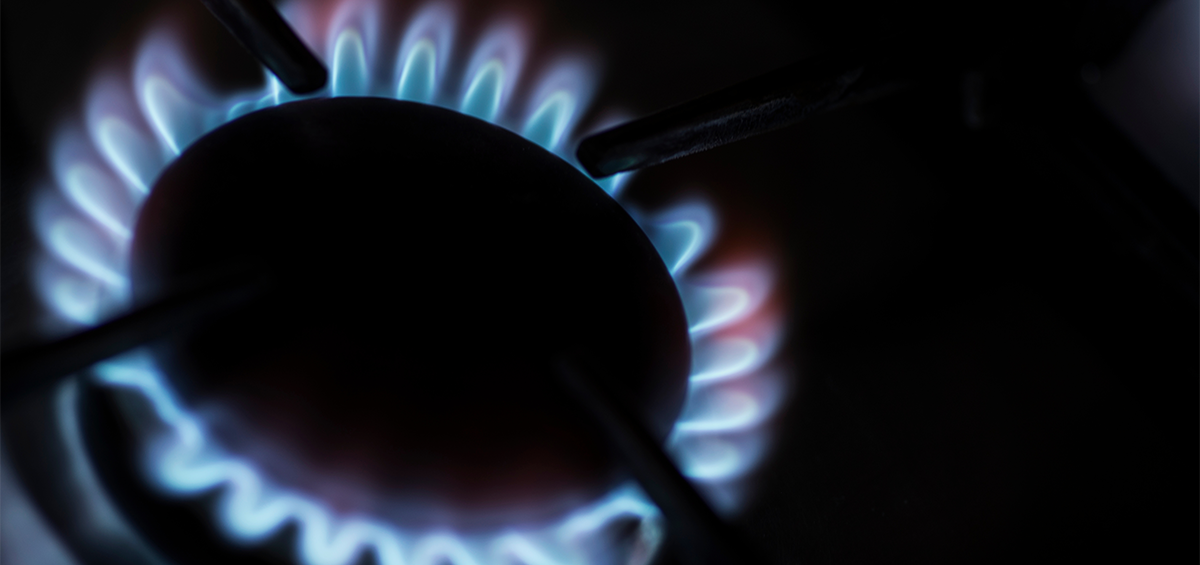While the country faces staggeringly high energy prices, utility providers like Shell, Centrica and BP are enjoying record profits. In response, many are demanding that a strong windfall tax be imposed in order to redirect some of the enormous gains to much-needed areas currently suffering.
What is a windfall tax?
A windfall tax is a levy imposed onto a company or sector by the government in response to an extreme financial gain based on factors outside of the company’s control.
In real terms, a windfall tax is used in order to prevent companies from profiting immoderately as a direct result of conflict or global shortages.
Historic examples include a windfall tax on bus companies during the second world war who saw profits surge because of the boom in factory workers needed for weapon and equipment manufacturing. A similar case during the first world war saw a windfall tax imposed on arms manufacturers who saw a massive increase in profits driven by the conflict.
Over the past few years, energy firms have enjoyed soaring profits thanks to a global pandemic increasing the demand for gas and electricity in homes, when millions of households were required to stay home for months at a time. More recently the Russian invasion of Ukraine has similarly pushed energy prices even higher.
Windfall tax debates
Paul Nowak, the general secretary for the Trade Union Congress has stated that the current windfall tax imposed on energy firms just isn’t high enough.
“These eye-watering profits are an insult to working families as millions struggle with sky-high bills.
“Oil and gas companies have been allowed to get away with treating the British public like cash machines.
“The government has left billions on the table by refusing to impose a proper windfall tax on the likes of BP. And even now ministers are refusing to take action to fix our broken energy market and stop this obscene price gouging.
“We could have lower household bills and an energy system that served the public, if the government taxed excessive profits, introduced a social tariff and created public ownership of new clean power.”
Sir Jim Ratcliffe, the owner of Ineos, who in turn owns the Forties oil and gas pipeline, claims that the increased tax rate only serves to deter further investment back into the UK.
“The UK government’s so-called ‘windfall tax’ is really primitive politics.
“There has been no thought given to the long-term consequences of this ‘tax it to death’ move.
“Taxes are now so high that profits no longer fund future investments and on top of this, new investments have poor returns with invariably high tax rates.”
Energy firms like Ineos have slashed jobs across the country over the past few years, despite their dramatic rise in profits.
Sir Jim Ratcliffe changed his personal tax domicile to Monaco in 2020 in order to save an estimated £4 billion in tax.
Energy bill price rises
For many demanding an increased windfall tax on energy companies, the motivation will come down to the record-high prices currently plaguing the country. The UK government has imposed a £2,500 energy price cap for “typical households”; however many are still paying far more than this.
CEL Solicitors recently represented a retired couple who had been overcharged on their household energy bills for around six years. When the couple – who at one point were told they were spending £1,200 per month – asked their provider to look at their account, they were brushed off and told that the amount was correct.
It was only when they reached their wit’s end and contacted CEL Solicitors that their provider finally agreed to investigate the astronomical bills. Once we were able to uncover the problem, their provider agreed to pay a combined total of over £16,000 to reimburse for the overcharged energy bills, along with interest and compensation for the stress caused.













